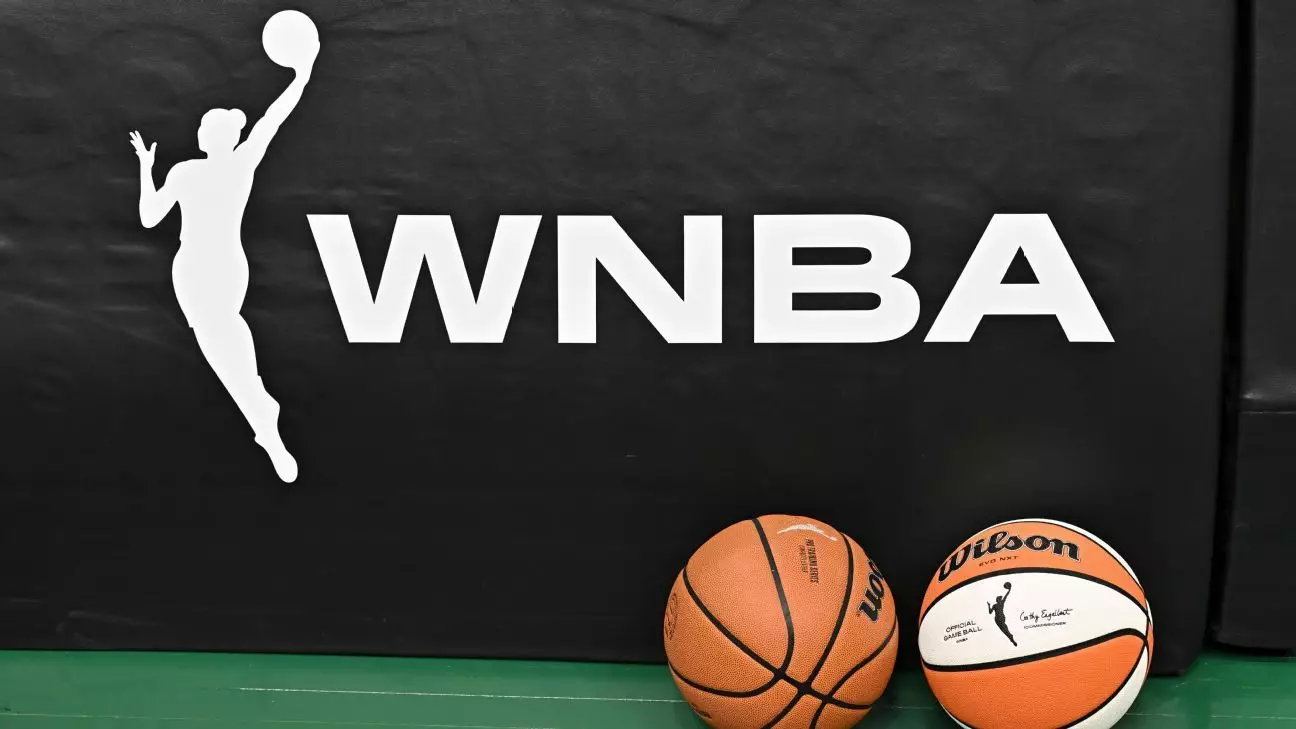The recent gathering of over 40 WNBA stars, including prominent figures like Caitlin Clark, Paige Bueckers, and Angel Reese, signals a pivotal moment in women’s sports—a clash not just over contracts but over fundamental respect and fairness. While the league’s soaring revenues and expanding horizons paint a picture of burgeoning success, the underlying treatment of its players reveals a stark contradiction. This disconnect underscores a broader societal issue: how often do we celebrate progress while turning a blind eye to the disparities that threaten its sustainability?
The players’ dissatisfaction with the league’s current proposals exposes an uncomfortable truth. Despite record-breaking ratings, media rights deals, and expansion plans, the financial and labor conditions remain inadequate. The union’s refusal to accept token gestures disguised as progress highlights that genuine equity is still elusive. It’s a pointed reminder that growth in revenue doesn’t automatically translate to fair compensation or improved working conditions. If anything, it emphasizes how profit-centric mindsets from owners and league officials risk perpetuating a system that favors the top at the expense of those who actually drive its success—the players.
The Illusion of Progress and the Cost of Neglect
During the recent in-person meeting, optimism was palpable—yet the outcome was disappointing. The league claims to be “listening,” but words mean little without tangible action. The players are increasingly vocal, not merely asking for more money but demanding a transformational overhaul that recognizes their contributions as foundational. Their stance underscores a fundamental principle: that the value of these athletes extends beyond their on-court performances; it is intrinsically tied to fairness, respect, and recognition.
This stalemate offers a mirror to similar battles across industries where prosperity is showcased but the labor force remains undervalued. As media deals reach new heights, why remain complacent about the uneven distribution of those gains? The league’s expansion plans and media negotiations paint a picture of a thriving enterprise—yet, without equitable pay and working conditions, the sustainability of this growth is fundamentally flawed. It’s a situation reminiscent of corporate America’s broader failures to uphold workers’ rights amidst rising profits—an issue that demands urgent attention rather than hollow promises.
The Business of Women’s Sports: a Double-Edged Sword
The $2.2 billion media rights deal announced for the upcoming season indicates that the league is on an upward trajectory. But this success, paradoxically, accentuates the need for a fairer distribution of wealth. What good is record-breaking revenue if it doesn’t translate into a thriving, secure future for those who make the league valuable?
The league’s plan to add three more teams and charge multimillion-dollar expansion fees signifies confidence—a confidence built on the backs of players whose voices are still marginalized. The union’s demand for clarity on how expansion fees will impact revenue sharing reveals a simple truth: money talks, but fairness must also speak loudly. If the new wealth generated isn’t shared equitably, the league risks alienating its most loyal and essential stakeholders—its players. This ongoing negotiation exposes a core flaw: the assumption that success at the macro level excuses neglect at the micro level.
Time for Real Transformation, Not Just Promises
The tentative optimism conveyed by league officials and the players’ willingness to continue negotiations is commendable, but it’s insufficient. Words without concrete actions risk perpetuating a cycle of exploitation masked as progress. The players have been clear: they seek a fundamental transformation that acknowledges their role as partners—not mere commodities—in the league’s story.
If the league truly believes that women’s basketball can be a sustainable, empowering industry, it must prioritize equitable treatment now. This is not just about staying out of a potential lockout; it’s about setting a precedent that values labor, rewards effort, and fosters long-term growth rooted in fairness. The delay and ongoing negotiations are revealing a fundamental truth: real change requires courage, transparency, and a willingness to challenge entrenched power structures. Without this, the league’s future remains uncertain—a fragile veneer covering deeper issues of inequality and undervaluation.



Leave a Reply